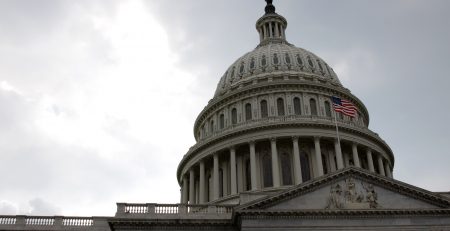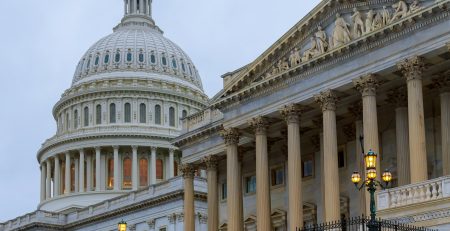EPA Waivers Could Rob $20 Billion From Ethanol Demand
Over the next six years, Environmental Protection Agency (EPA) refinery exemptions could steal 4.6 billion gallons of domestic ethanol demand—resulting in nearly $20 billion in potential sales lost, according to a recent analysis by the University of Missouri Food and Agriculture Policy Research Institute (FAPRI).
EPA exempts dozens of small refineries from blending obligations required under the Renewable Fuel Standard (RFS). The Renewable Fuels Association (RFA), a group that promotes the expansion of renewable fuels and bio-products worldwide, said FAPRI’s analysis “demonstrates the need for EPA to prospectively reallocate small refiner exemptions to larger refiners to ensure statutory RFS volumes are maintained.”
FAPRI’s most recent Baseline Outlook for Agricultural and Biofuel Markets showcases the impact of small refiner exemptions in the ethanol industry. For this report, economists assume “implementation of the RFS follows recent practices, including small refinery waivers.”
The report shows the following implications:
RFS requirements fall from the statutory level of 15 billion gallons annually to 13.7 billion gallons.
U.S. ethanol consumption drops an average of 761 million gallons each year from 2018 to 2023, 4.6 billion gallons total which equal 1.64 billion bu. of corn demand over the six-year period.
Average ethanol inclusion rate in gasoline falls under 10% in 2019, and slides to 9.5% in 2023.
Total consumption of ethanol in flex-fuel vehicles and mid-level blends falls 17% by 2023.
Wholesale ethanol prices fall an average of 19 cents per gallon, 11%, between 2018 and 2023. Longer term, the updated outlook lowers ethanol prices by 27 cents per gallon.
The industry’s gross revenues will decrease an average of $3.3 billion annually, $19.8 billion total, from 2018 to 2023.
Renewable Identification Number (RIN) prices will plummet to 10 cents between 2018 and 2023.
“The FAPRI analysis clearly shows that demand destruction from small refiner exemptions is real and has substantial economic consequences,” said Scott Richman, RFA chief economist in a recent press release. “If EPA continues to retroactively grant these exemptions, it will cause further harm to the ethanol industry through lower prices, reduced production and additional demand erosion.”
This article was first published on https://www.fjfnews.com.








